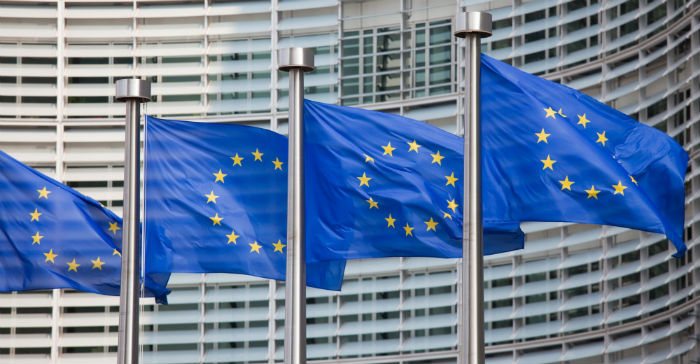In a previous piece, marking one year since the UK’s application to rejoin Lugano was rejected, we looked at some of the challenges faced by litigators following the loss of automatic mutual recognition of judgments with EU and EFTA countries. In this piece we look at what might happen next and how the legal profession is adapting. Of particular concern for litigators is the absence of mutual recognition of interim decisions. This is particularly important in fraud cases, where parties must act rapidly, often using freezing or disclosure orders to try to protect assets and obtain information necessary to secure a recovery.
Post-Lugano options?
Many of us hold out hope for a thaw in EU relations, so that these sorts of lacunae can be addressed and commercial common sense can prevail. Some may even hope that the European Commission’s "no" to Lugano meant "no, not yet". But with the wounds of Brexit still raw and arguments raging over the Northern Ireland Protocol, such hope has had a Panglossian tinge to it in recent months. A new prime minister will inevitably bring a shift in UK domestic politics, but what sort of shift and in what direction? Only time will tell. For now, however, the door to rejoining Lugano is, barring a miracle, closed.
More fertile ground for hope perhaps lies in the resurrection of old bilateral pre-Brussels reciprocal enforcement treaties. To date only one Lugano signatory, our stalwart friend Norway, has agreed to expressly revive a reciprocal recognition and enforcement treaty, in that case dating from 1961. Other such historical agreements were in place between the UK and France, Belgium, Germany, Austria, Italy and the Netherlands. While these treaties were, at least for a time, superseded by EU rules, there is debate over whether they have automatically revived, with some serious commentators supporting this view. However, to date, this debate over whether the treaties are deceased or resurrected (or perhaps undead?) has been academic and we will have to wait and see whether courageous litigants with deep pockets take on the challenge.
Another promising (if far from perfect) solution may lie with the 2019 Hague Judgments Convention, the companion to the better-known 2005 Hague Choice of Courts Convention. The UK was formerly a party to the 2005 convention through its EU membership and acceded in its own right after leaving the EU. However, the 2005 convention only applies to judgments where the parties have an exclusive jurisdiction clause. The 2019 convention will partially close this gap and cover recognition and enforcement of other forms of judgments, albeit with a number of limitations.
One such limitation is that it is not a dual convention covering jurisdiction, which leaves open the risk of parallel proceedings. The EU has given a strong indication that it sees its future judicial cooperation with the UK as lying through the two Hague conventions and has started the process of accession to the 2019 convention. The UK has indicated an intention to accede in due course but nothing more.
In any event, neither of the Hague conventions applies to interim measures of protection so will not solve the problem faced by victims of fraud needing to quickly enforce a freezing or disclosure order in an EU country. The Hague Conference on Private International Law continues to look for further areas of potential rule harmonisation, particularly on jurisdiction, and it is not inconceivable that the interim judgment issue will be addressed in due course. However, we are into the realms of crystal ball-gazing here.
What can parties who find themselves in this situation do?
The answer lies in international co-operation and, where our governments fail to act, the parties’ legal representatives must take up the mantle. Without the benefit of international agreements to smooth the enforcement process, parties will be reliant on the local law of the country in which the asset to be protected, or in which the institution which holds relevant information, lies. That creates uncertainty and some jurisdictions may be friendlier than others to enforcement of UK interim judgments. Therefore, fast access to local knowledge, and collaboration with lawyers in the relevant jurisdiction, are vital to help navigate these issues. With this in mind, it is more important than ever for firms to have close partnerships with trusted lawyers in other jurisdictions that have experience in fraud and asset recovery work. There generally will not be time to build those relationships once the client’s problem has already arisen, so forward planning and international network-building are a must for those practising in this area.
We also have to accept that, in some cases where enforcement may be problematic, the UK may not be the best jurisdiction in which to start proceedings. While the High Court will undoubtedly remain a generous venue for victims of fraud to pursue redress, until a full replacement for Lugano comes into being, then we will need to pick our way through multiple European enforcement regimes. It is dispiriting to move backwards but we are sure the legal profession will continue to rise to the challenge.
This article was first published in The Law Society Gazette and can be accessed here.

 Sarah Murray
Sarah Murray James Evison
James Evison